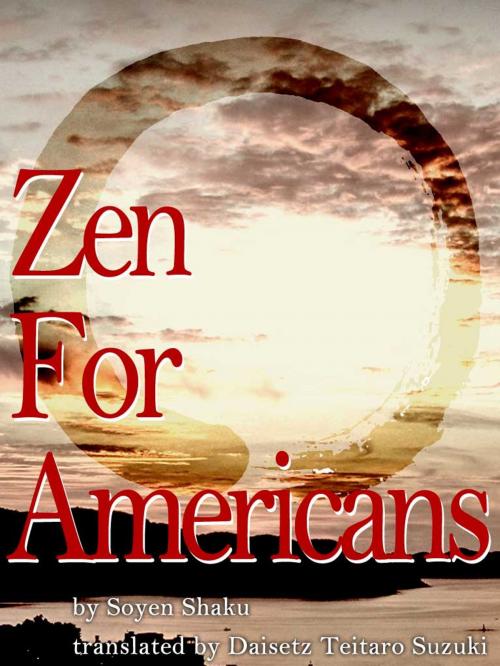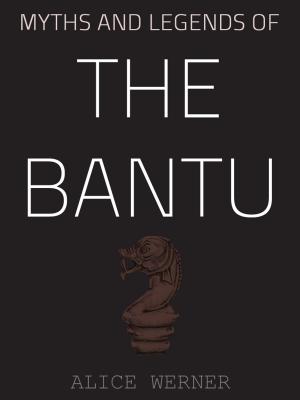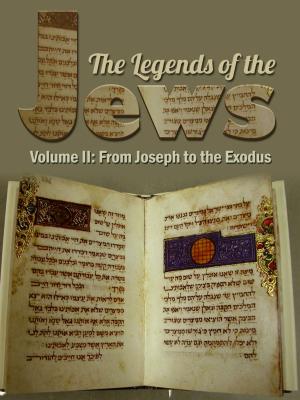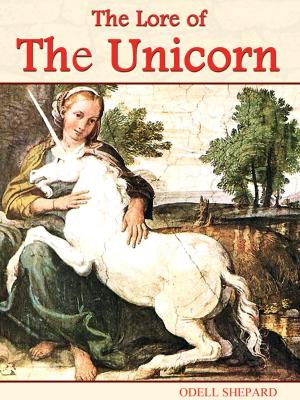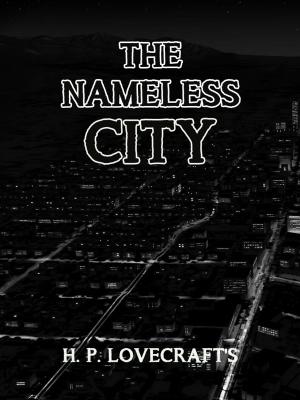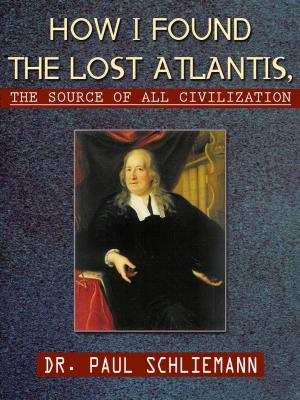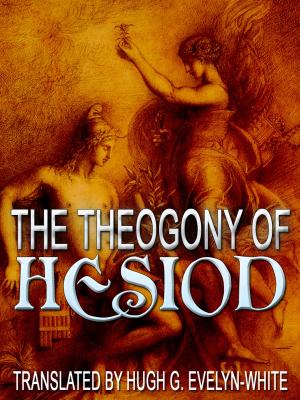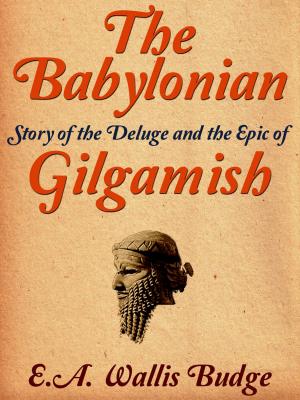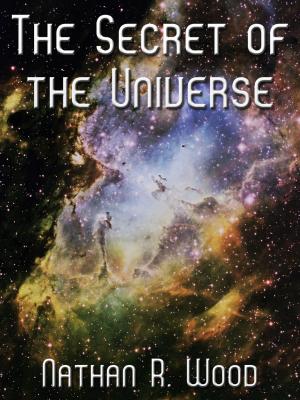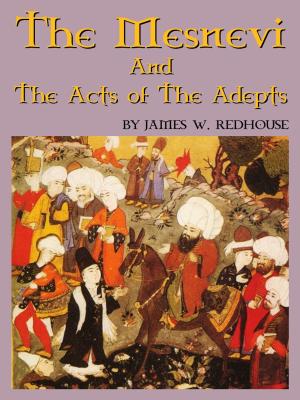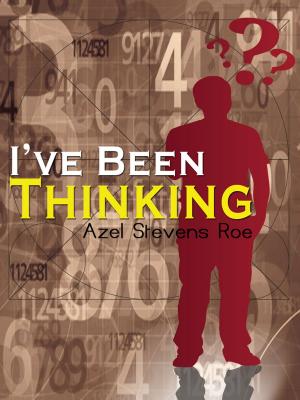Zen For Americans
Nonfiction, Religion & Spirituality, Reference, Ritual & Practices, Eastern Religions, Zen Buddhism, Reference & Language| Author: | Soyen Shaku, Daisetz Teitaro Suzuki | ISBN: | 9781623941086 |
| Publisher: | AppsPublisher | Publication: | September 26, 2012 |
| Imprint: | Language: | English |
| Author: | Soyen Shaku, Daisetz Teitaro Suzuki |
| ISBN: | 9781623941086 |
| Publisher: | AppsPublisher |
| Publication: | September 26, 2012 |
| Imprint: | |
| Language: | English |
Zen for Americans
by Soyen Shaku And tr. by Daisetz Teitaro Suzuki
A collection of essays on Buddhism.
THIS little work is a collection of some of the lectures delivered by the Right Reverend Soyen Shaku., Lord Abbot of Engaku-ji and Kencho-ji, Kamakura, Japan, during his sojourn in this country, 1905-1906. He came here early in the summer of 1905 and stayed with friends on the Pacific coast until March in the following year. Lectures on Buddhism were frequently delivered at the request of his hostess, Mrs. Alexander Russell of San Francisco, for the benefit of her friends. He lectured on the Sutra of Forty-two Chapters, and naturally chose the texts for his sermons from this most popular among the canonical books. As His Reverence did not speak English, the burden of interpreting his speeches fell upon my shoulders.
The book includes a translation of The Sutra of Forty-Two Chapters, which was the first Buddhist document translated into Chinese, and which had a huge influence on the development of Zen. Many of the essays are introductions to various Buddhist topics for Christians, and all of them are ideal for a general audience. The two essays which close out the book which discuss the Buddhist attitude towards war and peace, and are of historical interest because they were referenced by Leo Tolstoy in his anti-war declaration.
Zen for Americans
by Soyen Shaku And tr. by Daisetz Teitaro Suzuki
A collection of essays on Buddhism.
THIS little work is a collection of some of the lectures delivered by the Right Reverend Soyen Shaku., Lord Abbot of Engaku-ji and Kencho-ji, Kamakura, Japan, during his sojourn in this country, 1905-1906. He came here early in the summer of 1905 and stayed with friends on the Pacific coast until March in the following year. Lectures on Buddhism were frequently delivered at the request of his hostess, Mrs. Alexander Russell of San Francisco, for the benefit of her friends. He lectured on the Sutra of Forty-two Chapters, and naturally chose the texts for his sermons from this most popular among the canonical books. As His Reverence did not speak English, the burden of interpreting his speeches fell upon my shoulders.
The book includes a translation of The Sutra of Forty-Two Chapters, which was the first Buddhist document translated into Chinese, and which had a huge influence on the development of Zen. Many of the essays are introductions to various Buddhist topics for Christians, and all of them are ideal for a general audience. The two essays which close out the book which discuss the Buddhist attitude towards war and peace, and are of historical interest because they were referenced by Leo Tolstoy in his anti-war declaration.
